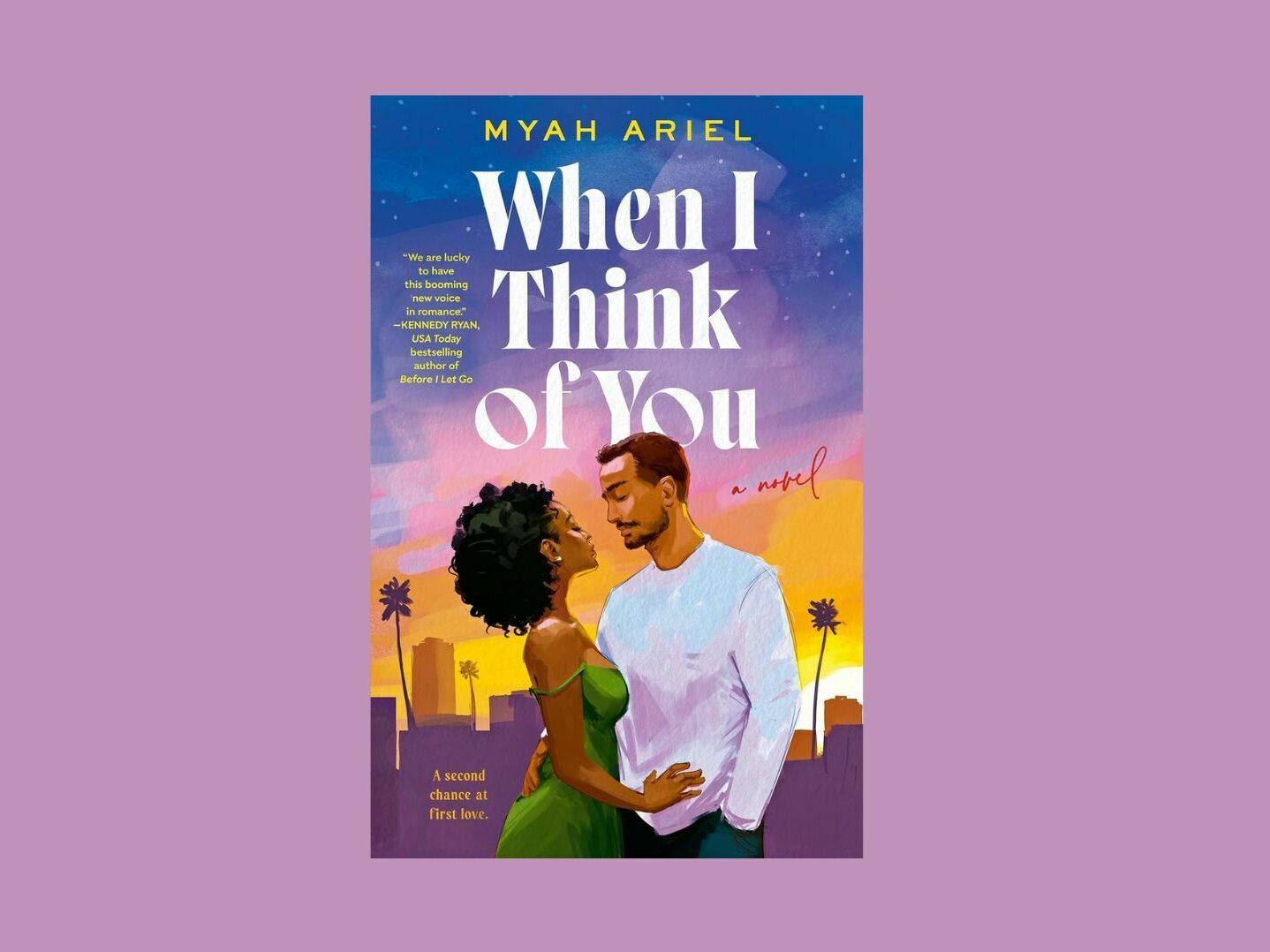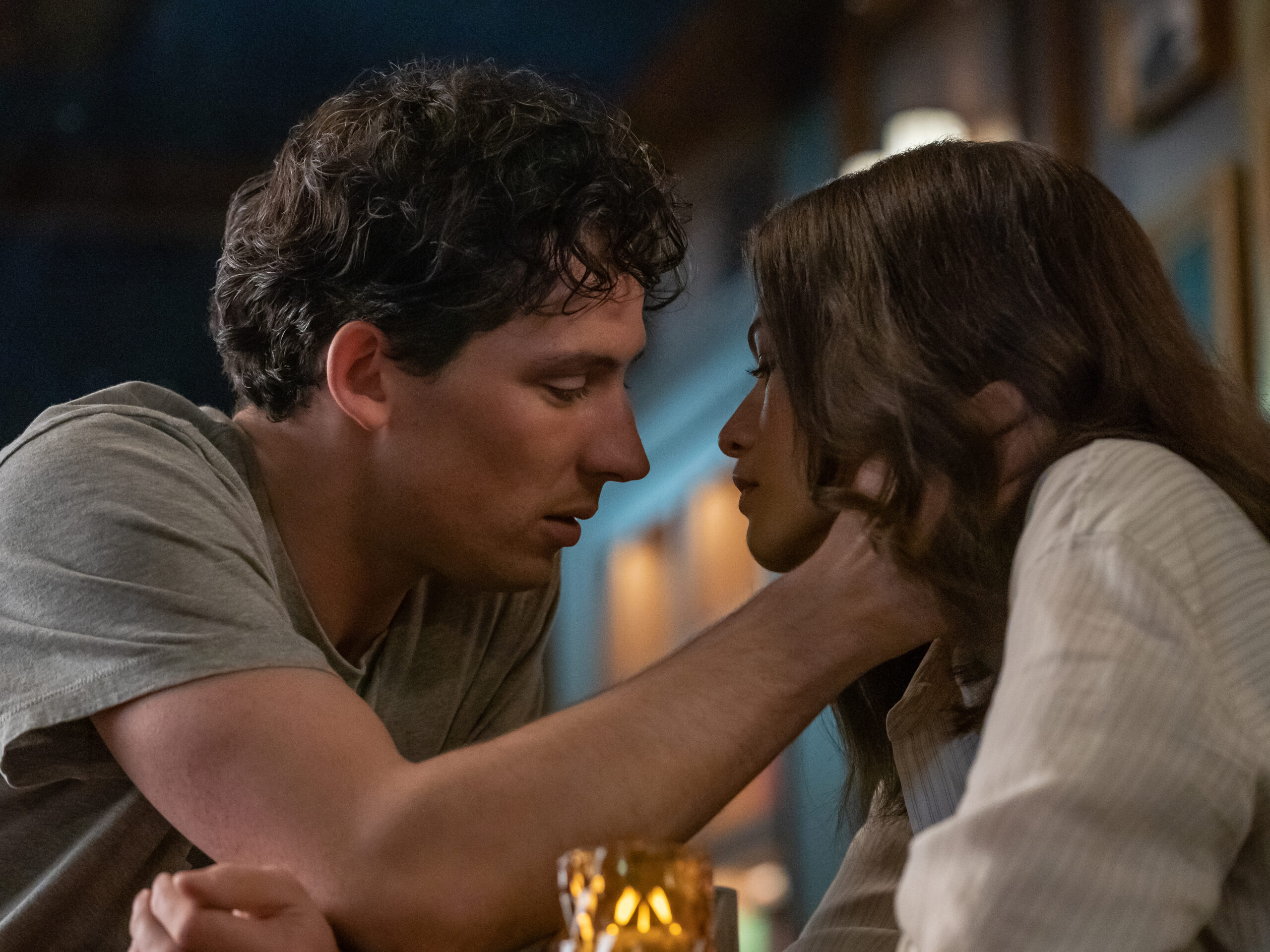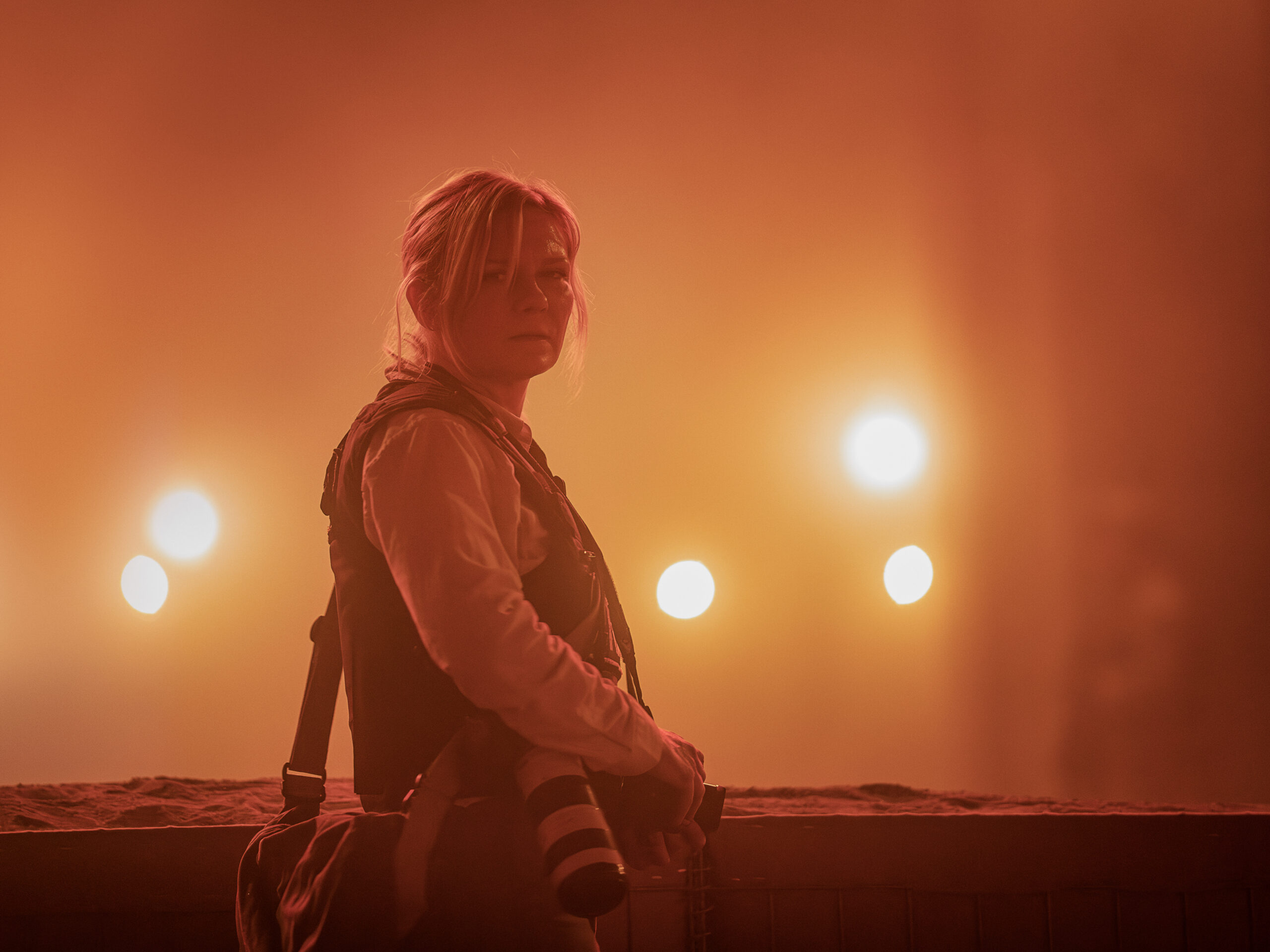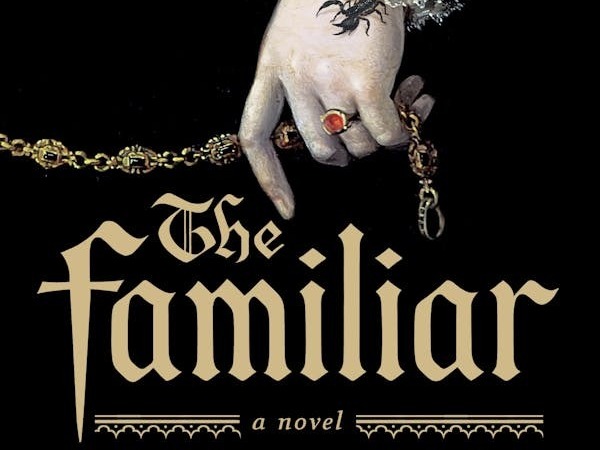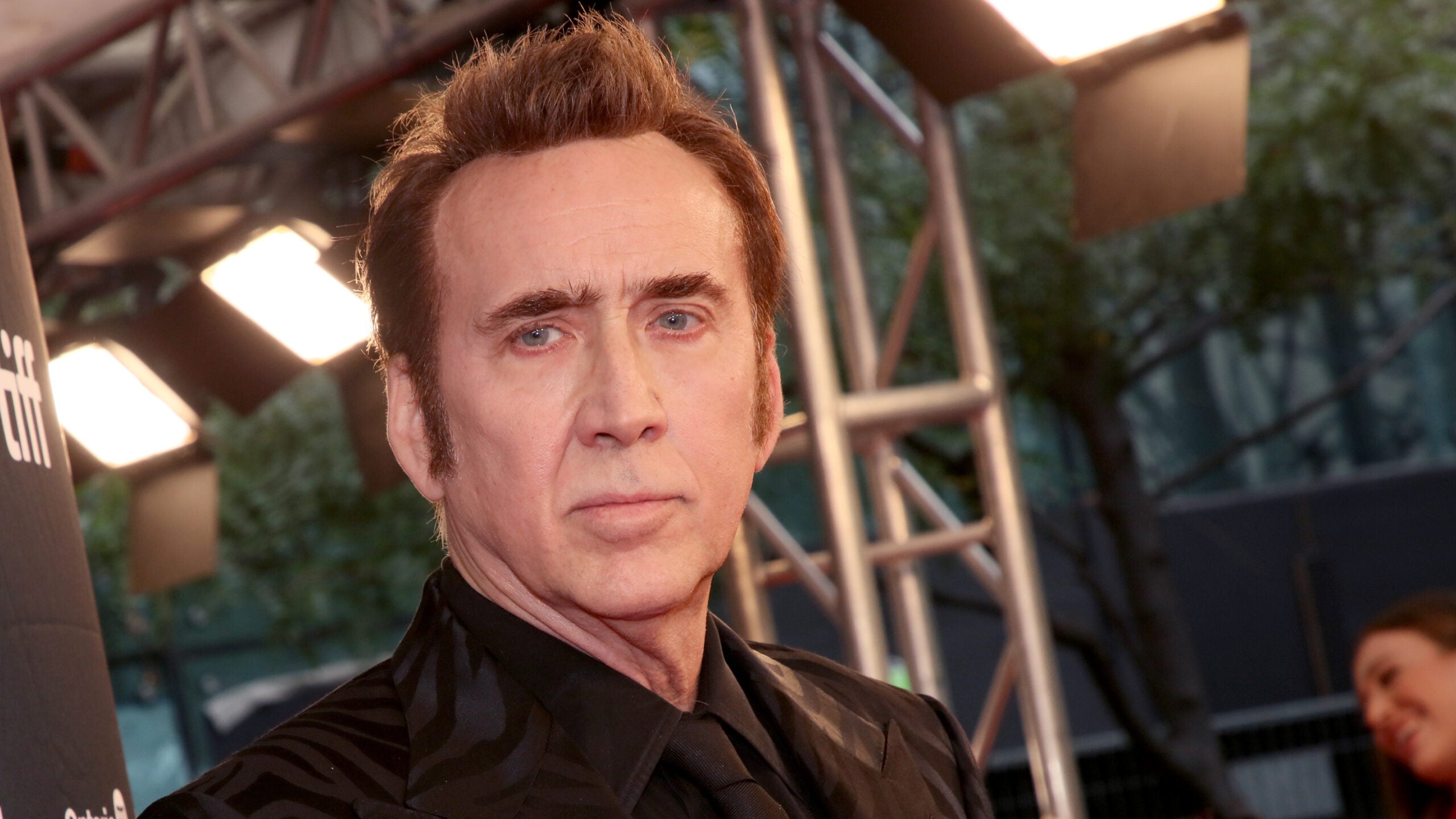An edgy, hyper-current Hollywood based second-chance romance between former college sweethearts, Myah Ariel’s debut novel When I Think of You radiates breakout energy. It’s like a fizzy, angsty mash-up of Bolu Babalola’s 2022 campus love story Honey and Spice and Kennedy Ryan’s movie set workplace romance Reel as the challenges of doing meaningful work in Hollywood threaten two young lovers’ romantic reunion.
Kaliya Wilson is an under-employed and chronically under-appreciated film school graduate in Los Angeles; her filmmaker ex-boyfriend Danny Prescott is the only son of a legendary director. Years after their breakup, he’s on the cusp of making a movie inspired by his parents’ epic interracial romance, which began in the Jim Crow South, while she’s stuck behind the reception desk of a studio. They haven’t spoken in years, and the breakup was abrupt and brutal. So when Danny walks back into Kaliya’s life offering a coveted slot on his team, she’s in a difficult spot. This film offers a chance to get out of a dead-end job she’s been stuck in “for three years too long” and into the creative trenches. It also means reentering the orbit of the person who should have been her one true love but instead ripped her heart to pieces.
When I Think of You’Stay informed on the latest news
Sign up for WPR’s email newsletter.
It’s also nice to read a romance in which both of the 20-something characters are so equally loveable, vulnerable and fallible. Danny is talented, hard-working and earnest but also, admittedly, that most infamous of Gen Z stereotypes – a Hollywood nepo-baby. As Ariel writes: “everybody knows exactly who Danny is: the son of Nathan Prescott — prolific auteur director and four-time Oscar winner, who, according to our film school textbooks, perpetually succeeded in striking the elusive balance between art and commerce.” As the biracial son of a famous director, Danny enjoys multiple privileges, some more obvious than others. He’s had a major advantage in a world that Kaliya finds almost impenetrable. Danny knows the industry, but doesn’t really get how hard it is for a young Black woman who lacks his contacts to gain traction in her career. When they meet again, he asks her what happened to her as if the idea of not making it in this world is inexplicable. Ariel also explores Danny’s masculinity and light skinned, biracial white adjacency, a type of privilege that isn’t often explored and called out as precisely in traditionally published romantic fiction (writers like Kennedy Ryan and Bolu Babalola being two notable exceptions). Ariel handles all of these nuances of identity effectively.
What’s especially effective about this nuanced character work is how well it dovetails with events unfolding in the movie’s production and the hurdles that these characters face at work and in their relationship. An early consequence of Danny’s lack of savvy (and lack of backbone at times) is that Kaliya gets a demotion from personal assistant to production assistant before she even starts due to the nepotism of a minor character who will eventually play a pivotal role. The revelation is a blow, which Kaliya struggles to rationalize to her best friend and roommate Neha, saying: “I guess I can’t really be mad at Danny…Bella’s family basically went behind his back to buy her that job on the production, and with the future of the movie hanging in the balance, his hands are tied.” Fair enough, but as Ariel smartly has Nyah point out, it’s also true that Danny convinced her “to quit your job and work for him without making sure he could actually follow through on the offer.” Within this unmeritocratic and cutthroat world, Danny’s blindness to his industry’s and business partners’ biases and manipulations realistically put his movie and his relationship with Kaliya in jeopardy.
Some romance purists might balk at the weight placed on the professional conflict and personal growth, but their connection is beautiful and the personal, professional and the (implicitly) political all blend together very convincingly in Ariel’s hands. The drama unfolding behind the scenes of the movie, which pulls the two leads apart, has a ripped-from-the-headlines feel. Controversies over sleeping with “the help,” nepotism and wokeness are all depicted with journalistic precision. There’s even an antagonist that sounds like billionaire Nathan Peltz, who last month challenged Disney’s leadership for control of the company’s creative direction. Arguing that there was too much attention to diversity and wokeness, Peltz said, “People go to watch a movie or a show to be entertained […] They don’t go to get a message,” questioned “Why do I have to have a Marvel that’s all women?” and criticized Black Panther’s Black cast. But the Disney battle and Peltz’s statements came long after Ariel finished her manuscript.
The similarities between the Disney fight and Danny and Kaliya’s studio battle is a testament to how well the author knows this territory. Like her leads, Ariel is an NYU Tisch Film school grad who worked in Los Angeles. She knows their world intimately. In When I Think of You, Ariel transforms hard-won knowledge into a compelling romantic fiction that is a lovely balance of realism and swoon.
A slow runner and fast reader, Carole V. Bell is a cultural critic and communication scholar focusing on media, politics and identity. You can find her on Twitter @BellCV.9(MDAyMjQ1NTA4MDEyMjU5MTk3OTdlZmMzMQ004))
© Copyright 2024 by NPR. To see more, visit https://www.npr.org.9(MDAyMjQ1NTA4MDEyMjU5MTk3OTdlZmMzMQ004))

